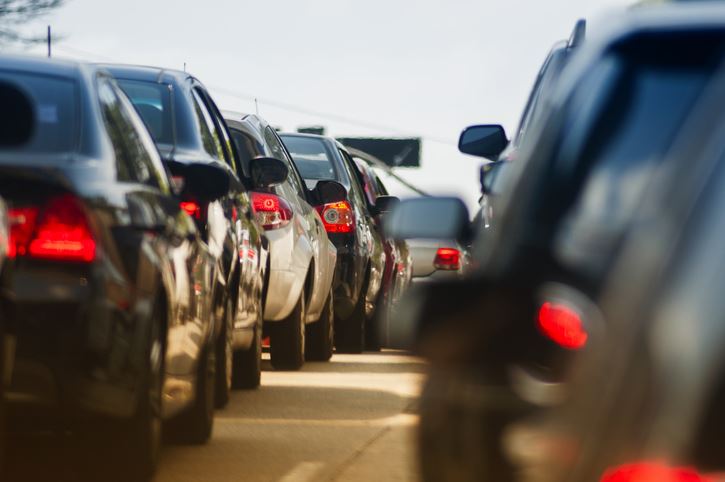Myth: I can get my New York City ticket reduced to a lower-point violation.
Reality: Plea bargaining is not allowed in the New York City traffic court system.
You were just issued a ticket with points in New York City. Let’s say it’s a six-point speeding ticket. You do a little bit of research, and realize that a guilty plea or conviction will result in six points on your New York record, which means you’ll have to pay the driver’s responsibility assessment fee, and your insurance premiums will increase, and you’re one more six-point ticket away from a potential suspension.
What to do? You ask a friend for some advice.
“It’s no problem,” says your well-meaning, trusty, but wildly incorrect amigo. “I got a speeding ticket in New York City once. All I had to do was pay a fine, and it got reduced to no points.”
Your friend may well be right — but he’s confusing his geography. This kind of procedure is called a “plea bargain,” and is common in traffic courts all over New York State. In these courts, the motorist and the prosecutor meet in a conference, where the prosecutor may choose to offer a reduced charge in exchange for a guilty plea. Usually, the reduced charge will result in fewer, or zero, points on the motorist’s record. The motorist agrees to plead guilty and pay a fine, which he is happy to do to avoid getting points on his license.
(Side note: Even in those courts, it’s not as easy as your fictional friend made it sound. Not all tickets qualify. The prosecutor has the discretion on what to offer. You may not end getting a sweetheart deal if you get one at all. You may still be better off hiring an attorney for these tickets.)
Alas, traffic violations in New York City are adjudicated by the Traffic Violations Bureau (TVB), a judicial arm of the Department of Motor Vehicles. The TVB does not plea bargain. Judges in those courts cannot reduce the points on a violation, even if they might want to — the law does not give them that power.
In TVB, there is no prosecutor, which means there’s no one there to offer a plea bargain. It’s just the motorist (or her attorney), the police officer, and the judge.
In a TVB trial, if you face a six-point speeding ticket, there are two potential outcomes. You will either be found guilty, which will result in six points on your license, plus a fine, surcharge, and any other potential penalties that may result from those points. Or you will be found not guilty, meaning you will get no points and pay no fine — it’s as though you never got the ticket at all.
A good result in TVB is a dismissal, not a reduction. If you ask for a reduction in TVB, the judge will tell you that they don’t have the power to do that. And if that’s your only plan, expect to be found guilty.
In TVB, your attorney will do everything in his power to win at trial. Sometimes, this occurs by rescheduling your case. During the trial, the attorney finds legal holes in the police officer’s case, asks difficult questions on cross-examination, and makes legal motions to the judge. Traffic attorneys know the system and know the law, and that’s how we are so often successful in getting TVB tickets dismissed.


